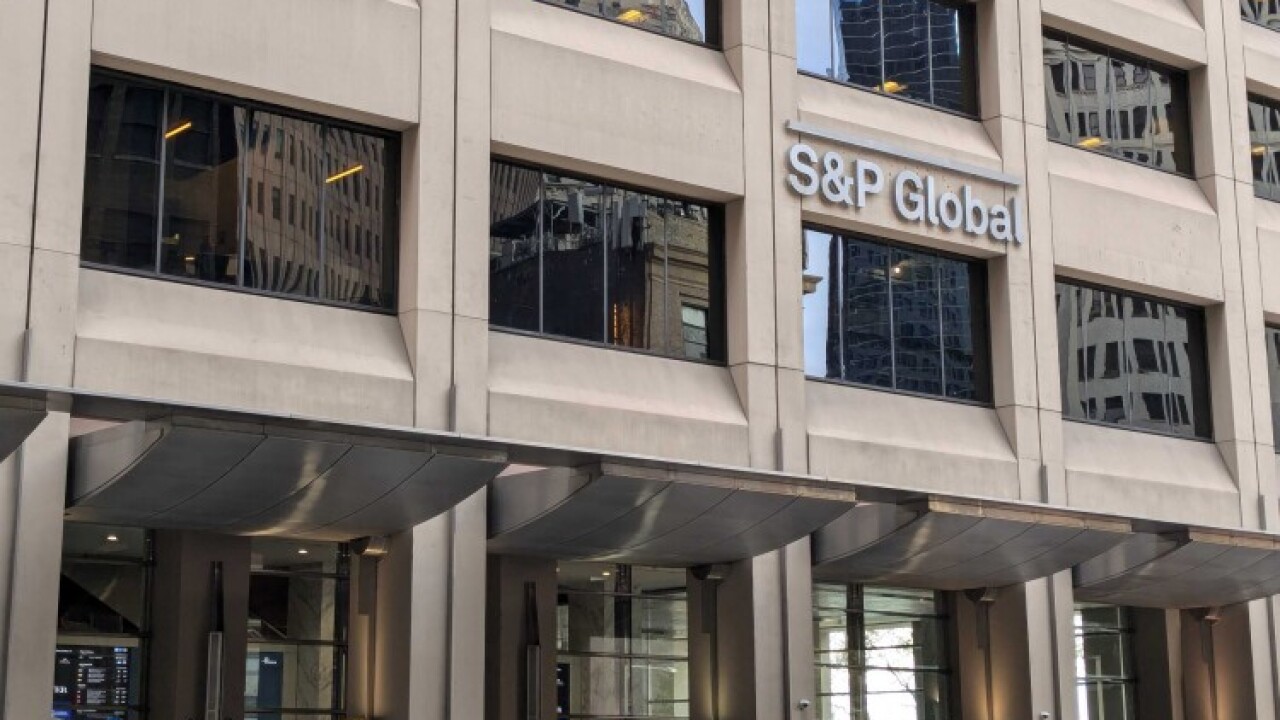
The next few weeks will be perilous for Puerto Rico, several economists and policy experts told The Bond Buyer, though they disagreed about the actions the commonwealth should take.
On Nov. 10 Puerto Rico Gov. Alejandro García Padilla said the government may be forced to either default on its bond payments or have a partial government shutdown in the next few weeks.
Three of four local experts contacted by The Bond Buyer Wednesday said that either choice would significantly harm the economy.
A government default on its debt would be "disastrous" for Puerto Rico's economy, said Carlos Col-n de Armas, professor of finance at University of Puerto Rico. A default would close the government's access to financial markets for the foreseeable future, drastically curbing vital government investment in Puerto Rico. From an economic standpoint, this would be the worst possible outcome, Col-n de Armas said.
Asked about the impact of either a default or shutdown, Heidi Calero, president of the H. Calero Consulting Group, focused on the latter. A partial government shutdown would reduce government workers' consumption and this would harm the retail sector, thereby cutting government revenues, and possibly creating a "vicious circle" for the government.
Puerto Rico's government shut itself down for two weeks in May 2006. Its workers received unemployment insurance during the period and were paid retroactively after the shutdown. Yet the shutdown hurt the economy for six months, Calero said.
If the government shuts down even partially in the coming months, government workers would not be paid retroactively, Calero said.
The immediate economic impact of either a shutdown or a default would be "minor," said Advantage Business Consulting president Vicente Feliciano. "However, both would have a significant impact in the medium term as businesses make investment decisions and households make moving plans.
"At this point I am pessimistic about the possible avoidance of either," Feliciano said.
The fourth expert, Center for a New Economy policy director Sergio Marxuach, said that "there are too many variables in flux to be able to" to comment on how either a shutdown or default might impact on the economy.
Calero said she was unsure if the government was headed to a shutdown or if such talk is a negotiating tactic. She also did not know if the government would default.
While Feliciano said he thought either a shutdown or a default may be in the cards, Calero and Col-n de Armas said they could be avoided. Both said that the government could avoid a default if it made appropriate government spending cuts.
The government has been threatening to default in every month since August and it has not happened yet, Calero said.
Is the situation critical if "you can pay the Christmas bonus [to government workers], but you can't pay my bonds?" she said.
The government could lay off employees or reduce some employees' hours to overcome its fiscal crisis, Calero said. "It is a question of priorities."
Calero agreed that the government should lay off employees and not do the Christmas bonus. "The public debt should be paid. They need to fulfill the needs of the constitution."
Col-n de Armas said that "the government overall has a margin to reduce expenses without affecting services." He said the public school system has too large a bureaucracy and that central government subsidies to the municipalities should be reduced. Possible small cuts might include government funding of political parties, radio stations and vacation lodges.
Marxuach had a different perspective. He was unsure if the government needed to default. However, he said that if it must default it would be much better off doing so within a Chapter 9 bankruptcy context and that only the federal government could give it the right to do so.
"Negotiations between Puerto Rico and its creditors under a Chapter 9 framework, however imperfect it may be, are certainly preferable to a legal battle royale, in which merely disposing of the preliminary motions to resolve issues related to the jurisdiction, forum, venue, and applicable law could easily take one year or more," he said.
Feliciano was also willing to consider default as a course of action.
"If the alternative to default is a deal with obligations that could not be kept by the residents but gives bondholders better legal protections for the future, then it's better for Puerto Rico to default now," he said. "A critique of the International Monetary Fund to the Greek government on its debt handling is that they took too long to default, increasing pressure on taxpayers while many bondholders bailed out."
Some in Washington, D.C. have proposed a completely different approach to Puerto Rico's debt -- a federal control board for Puerto Rico. Feliciano said there was "still opposition across the Puerto Rico political spectrum" to this idea. "If there is not money on the table and Chapter 9 inclusion like in the U.S. Treasury proposal, a federal control board would require brazen imposition by Congress and a contingent of federal officers."





